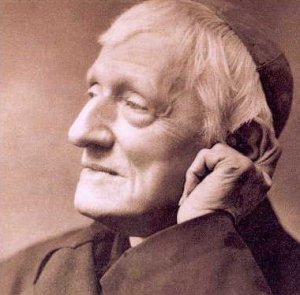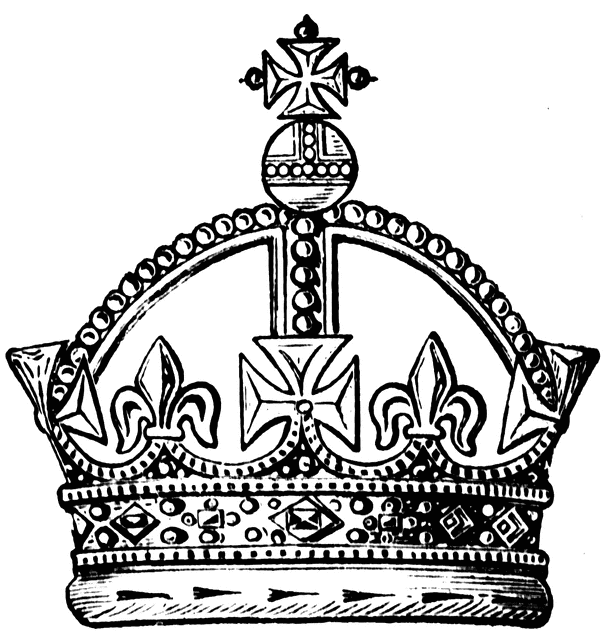Let there be sung Non Nobis and Te Deum!
The Western Australian bill for Euthanasia has been defeated! 24 votes to 11! From the SMH "WA euthanasia bill rejected":
The same article goes on to provide some background to this:
Voluntary euthanasia will remain illegal in Western Australia after the bill was defeated in parliament. MPs were granted a conscience vote on the legislation, which was introduced by Greens MP Robin Chapple. The private members bill would have allowed people over the age of 21 with a terminal illness who were sound of mind to ask a doctor to end their life.
Labor MP Kate Doust, who is opposed to euthanasia, told AAP she had always been "fairly confident" that the legislation would be rejected. "It's a very good outcome. The actual vote should send a clear message that the members of the council do not regard it as good policy," she said. "What Robin Chapple proposed was a simple solution to what is a complex issue. I'm very happy that we've put this matter to rest."
Liberal MP Nick Goiran, who also voted against the bill, told AAP he was "relieved" with the decision but did not think it was the end of the debate. "The Greens have a track record of putting these bills up on a regular basis...I have no doubt that it will come up again," Mr Goiran said.
The decision in the Upper House comes after Health Minister Dr Kim Hames revealed he helped a terminally ill patient die with a lethal dose of morphine. Speaking to ABC radio on Wednesday, Dr Hames, who voted against euthanasia, said he had helped a patient pass away by issuing a strong dose of morphine.
"I warned the family that the dose of painkiller that I was about to administer was a respiratory suppressant, can stop that patient breathing," he said. "Did they want me to do that? Did the patient want me to do that? The patient and the family said yes, so I administered that dose of painkiller."
Dr Hames said his actions were legal and rejected any notion that the incident was euthanasia. "What I did was give pain relief, and the side effect of that pain relief resulted in that patient dying then rather than in half an hour's time," he said. "That's very different to me putting in a drip and administering a concoction of drugs deliberately to take the life of that patient."
And that's the simple matter here - not a complex matter at all, really. The distinction surrounds the intention of the act. If the act is intended to relieve pain, rather than hasten death, it is legal. It was a therapeutic act. The dose of morphine was intended to relieve pain in the living patient, not to end the pain by killing the patient, even though a side effect was to hasten the death itself.
Note too that the article reports that the Green MP who introduced the bill "has told reporters he will re-introduce the bill if he wins another term in parliament." It is clear that they will not take no for an answer. They will keep chipping away at public resistence to their ideas.
(Incidentally, The Age published my short letter on Euthanasia in their "....and another thing" column this morning:
RANJANA Srivastava's story (Comment, 22/9) demonstrates perfectly the difference between shooting dying cows and euthanising dying human beings. We shoot cows to put them out of their misery. We want to euthanase human beings to put them out of our misery.











.JPG)







